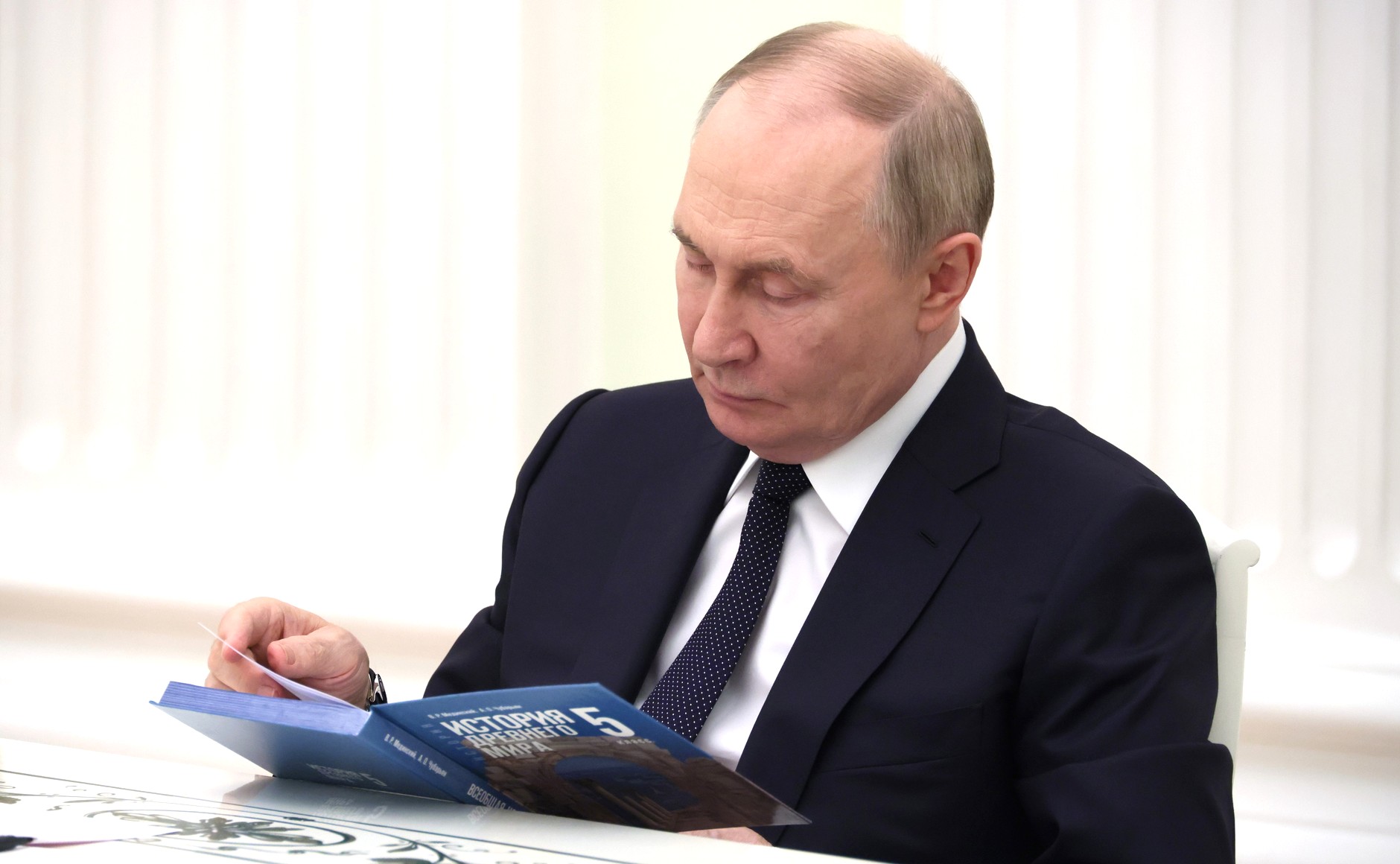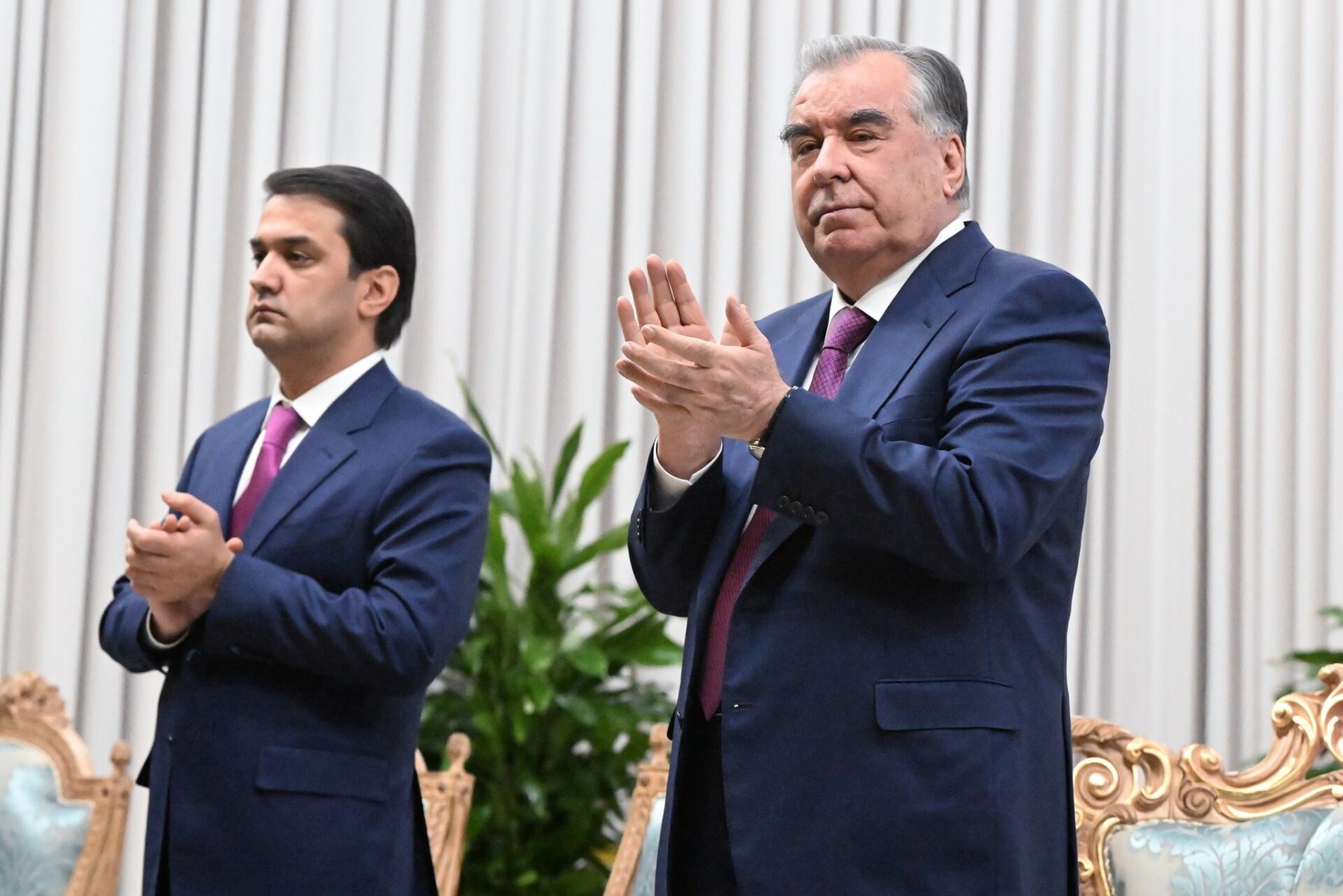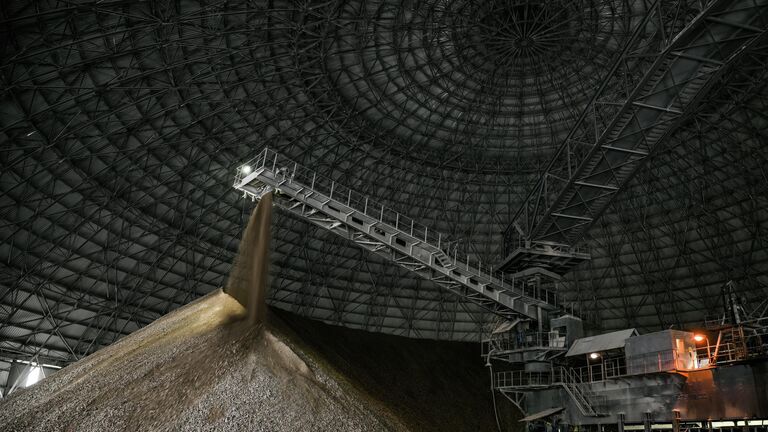LANDSBERGIS SENDS CHUBAIS HOME EMPTY-HANDED.
LANDSBERGIS SENDS CHUBAIS HOME EMPTY-HANDED.
Lithuania yesterday refused to sign an agreement on cooperation among the electrical power systems of Russia, Belarus and the three Baltic states. Initiated by the Russian side, the framework agreement would have interconnected the five countries’ power systems, facilitating and regulating electricity deliveries from Russia to the other countries. It would, moreover, have enabled Russia both to export electricity to Central and Western Europe via the Baltic states and to guarantee power supplies to the Russian-held but noncontiguous Kaliningrad region. The framework agreement is supposed to be followed by bilateral agreements among the participating countries. Russia is offering to supply Lithuania with electricity from a large electric power plant to be built jointly in the Kaliningrad region.
Russia’s Unified Energy Systems (UESR) chief Anatoly Chubais signed the framework document yesterday in Vilnius with the heads of the Belenergo, Latvenergo and Eesti Energia companies. Lithuania’s Lietuvos Energija, all set to sign, was ordered to pull out at the last minute by the Lithuanian government at the initiative of Parliament Chairman Vytautas Landsbergis. With President Valdas Adamkus on an official visit abroad, Landsbergis arranged emergency meetings of the National Security Council during the night of May 25-26 and of the cabinet of ministers on May 26 to review the draft agreement, which Lietuvos Energija had failed to clear with the political leadership of the country. Landsbergis, acting Prime Minister Irena Degutiene, Prime Minister Designate Rolandas Paksas and key ministers objected to as yet undisclosed points in the document. The gist of their public explanation was that Lithuania’s integration into a “post-Soviet energy system” carries potential risks and that the country looks west, not east. Lithuania will study the matter further and reserves the right to request changes to the documents. Adamkus telephoned from Hungary to express his agreement with the decision made in Vilnius and his appreciation for Landsbergis’ initiative.
Chubais criticized Lithuania for “burying the agreement” because of “political considerations.” Considering Lithuania’s geographic location, the UESR’s project indeed seems doomed to fail without Lithuania’s participation. But Lithuania is at the same time more vulnerable than the other two Baltic states to a possible interruption in Russian electricity supplies. That vulnerability stems from Lithuania’s overwhelming dependence on electricity generated at the Ignalina nuclear-power plant. The European Union demands the closure of Ignalina on safety grounds as a precondition to Lithuania’s admission to the EU. With that prospect in mind, Lithuania would be walking into a trap if it accepted dependence on Russian-supplied electricity instead of actively seeking western suppliers. Russia’s recent decision to deprive Lithuania of crude oil illustrates the risks posed by such dependence (BNS, NTV, May 26; see the Monitor, April 14, May 21).
PERNOD RICARD ACQUIRES FAMED YEREVAN BRANDY COMPANY.


